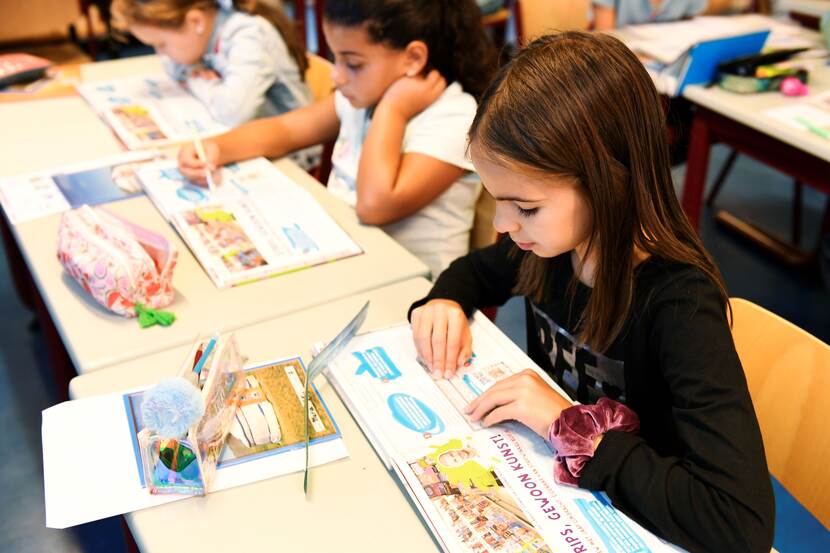In brief: Education as investment
Education is an investment in the earning capacity of the individual and of society, generates wide-ranging returns and is a mark of civilisation. The Dutch Education Council advises government and parliament to base decisions on education within the national budget on these three considerations. Currently, spending on education is primarily seen as a cost with no corresponding return. An understanding of both the costs and the returns will create a better foundation for political decisions on education spending.

Background: The ‘return’ on education counts for too little
Politicians and policymakers in the Netherlands have for some time sought ways of making the returns on money spent on education visible, so that they can be taken into account in decisions on the national budget. Many studies have demonstrated a direct and indirect link between investments in education and the welfare and well-being of future generations. An understanding of the qualitative and quantitative impact of investing in education is important for future policy.
At present, many of the returns on investments in education do not form part of the decision-making process on the national budget. The long-term impact of education is not extrapolated by the Netherlands Bureau for Economic Policy Analysis (CPB) because of uncertainty about a direct causal relationship between investments in education and gross domestic product (GDP).
Budget deficits are predicted to increase during the present government term. Scarcity of resources and the need to make choices make it all the more important to take the right factors into account when drawing up the total education budget. In this advisory report, prepared on its own initiative, the Education Council examines the question of which factors need to be taken into account in order to ensure that sound decisions are taken about the place given to education in the national budget.
Advice: Take into account educational ‘returns’ and the civilisation argument when making decisions on education in the national budget
Education is not just a cost which delivers no returns. It is an investment in the earning capacity of individuals and of society, and generates wide-ranging benefits for both. Education is also a mark of civilisation: as a society we attach importance to publicly funded education provision for everyone. The Council advises that these three considerations be taken as a basis in the decision-making process around education in the national budget.
The returns generated by education are many. At individual level, education promotes well-being and prosperity, with research findings spanning many decades showing that each additional year spent in education delivers around 5-10% higher earnings on average. Education also delivers returns for society in several areas, such as the development of social and cultural capital, healthier behaviour, improved chances of finding work, safety, citizenship and social cohesion. Many of the benefits of education last a lifetime, while public investments in education often span only the first thirty years of a person’s life. While cutting back on investments in education reduces expenditure, it also reduces the benefits and returns, both for the individual and society.
The Netherlands Bureau for Economic Policy Analysis (CPB), the Netherlands Institute for Social Research (SCP) and the Netherlands Environmental Assessment Agency (PBL) are currently working on developing a set of indicators to measure general welfare. The Education Council regards this as a good step towards making the value of education visible and measurable. However, by no means every aspect of value can be captured in indicators, extrapolations or general welfare analyses. Sound, well-founded decision-making requires a broader vision.
Recommendation: Include education in general welfare models and ensure consistency of policy in the long term
To facilitate sound decision-making on education in the national budget, the Council recommends that the present general welfare approach and associated indicators be developed further on the basis of insights regarding the returns on investments in education, drawn from both research and practice. The principles, laws, rules and procedures on which the decision-making on the national budget is based also need to be updated. The present frameworks are configured primarily for a model with a one-sided focus on GDP and are moreover highly fragmented and focused on divergent policy domains.
Making sound decisions on education spending in the national budget also requires a long-term vision for education and an adequate legislative and regulatory framework.